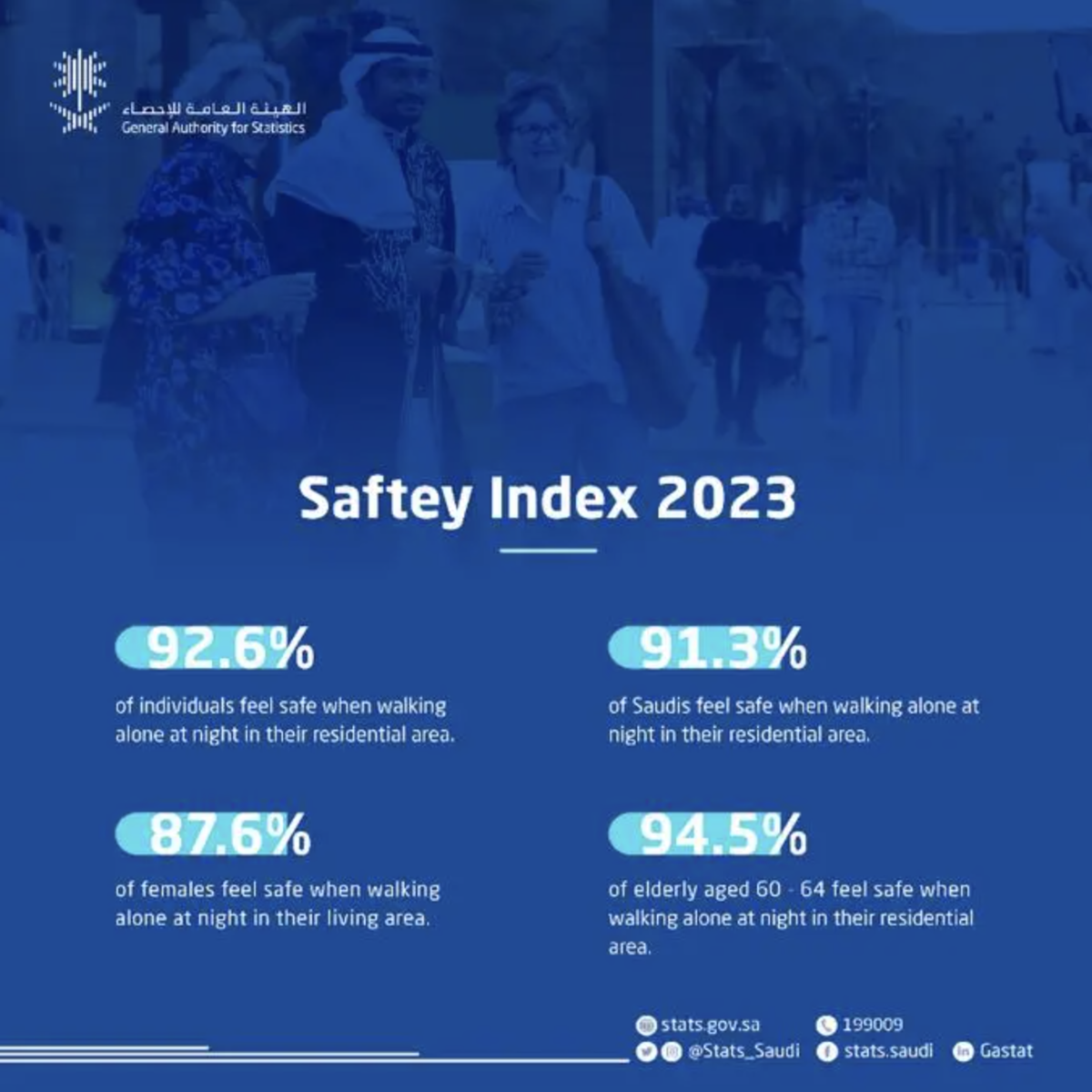RIYADH: Crown Prince Mohammed bin Salman chaired the weekly Cabinet session in Riyadh on Tuesday, where key regional and international issues were discussed and agreements aimed at enhancing the Kingdom’s global partnerships were approved, the Saudi Press Agency reported.
The crown prince briefed the Cabinet on his recent phone calls with Jordan’s King Abdullah II and UAE President Sheikh Mohammed bin Zayed Al-Nahyan.
The Cabinet strongly rejected Israeli statements advocating the displacement of Palestinians, reaffirming Saudi Arabia’s commitment to the Palestinian cause. The ministers said that lasting peace could be achieved only through the two-state solution and peaceful coexistence.
The session highlighted the Kingdom’s growing influence in multilateral organizations, particularly its recent election to the Executive Committee of the International Association of Anti-Corruption Authorities. The achievement reflects global recognition of Saudi Arabia’s efforts to combat corruption and promote transparency.
On the domestic front, the Cabinet praised the continuing economic diversification efforts, particularly the launch of the King Salman Automobile Manufacturing Complex, which is expected to boost the economic contribution of the non-oil sector and support the National Industry and Logistics Development Program.
The ministers commended the completion of the Financial Sustainability Program’s executive plan, which aims to enhance spending efficiency, develop revenue streams and strengthen Saudi Arabia’s economic resilience under Vision 2030.
The Kingdom’s top ranking on the security index for the Group of 20 industrialized and emerging-market nations was also recognized as a testament to its leadership in ensuring stability and prosperity.
During the session, the Cabinet approved several agreements to strengthen Saudi Arabia’s international partnerships. In the field of security cooperation, ministers signed a deal with Jordan to combat narcotics trafficking, while on the diplomatic front, a mutual visa exemption deal was finalized with the Solomon Islands for holders of diplomatic, special and official passports.
Economic and trade relations were also discussed, with the Cabinet authorizing negotiations for a political consultations memorandum with Armenia and approving a commercial cooperation agreement with the Maldives.
A new partnership was also established with Oman in the field of economy and planning, while a separate memorandum of understanding was signed with Qatar to enhance financial cooperation. The government also approved an agreement with Serbia to avoid double taxation and prevent tax evasion.
In the cultural and scientific fields, a memorandum of understanding was signed with Morocco’s Hassan II Mosque Foundation to promote traditional arts, while another was agreed with the UK’s Meteorological Office for cooperation in meteorology.
Transport and infrastructure initiatives were also on the agenda, with the approval of an agreement with Egypt to enhance maritime connectivity and passenger transport in the Gulf of Aqaba. In the financial sector, the Cabinet endorsed a new partnership to enhance cooperation between the Saudi Central Bank and the Central Bank of Turkiye.
The Cabinet also approved amendments to the Public Prosecution Law and the Board of Grievances Law, adding experienced professionals to their respective councils. Additionally, key promotions were confirmed, including the appointment of Abdul-Moneim bin Abdul-Rahman bin Saleh Al-Mahmoud as an ambassador at the Ministry of Foreign Affairs.































